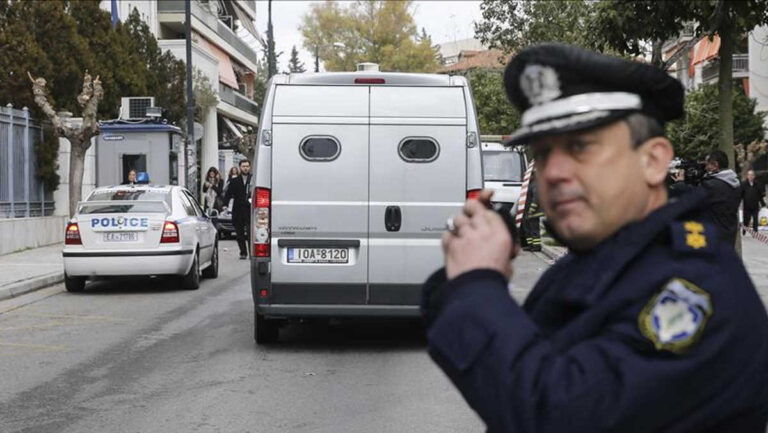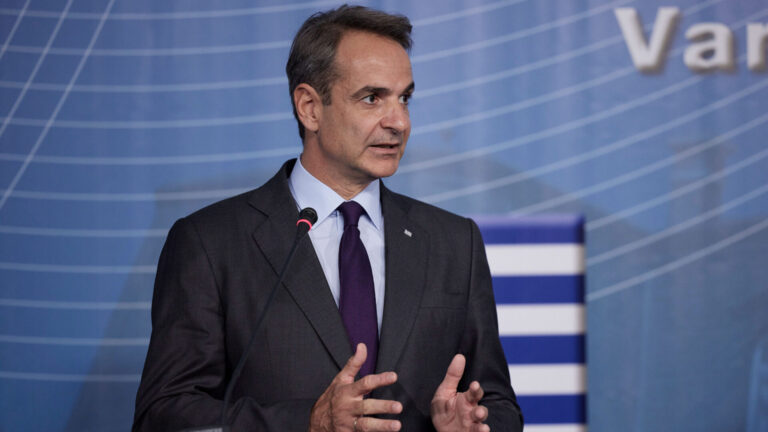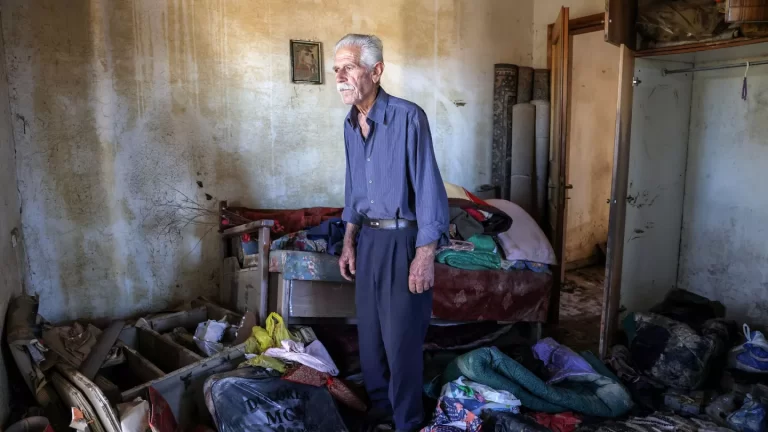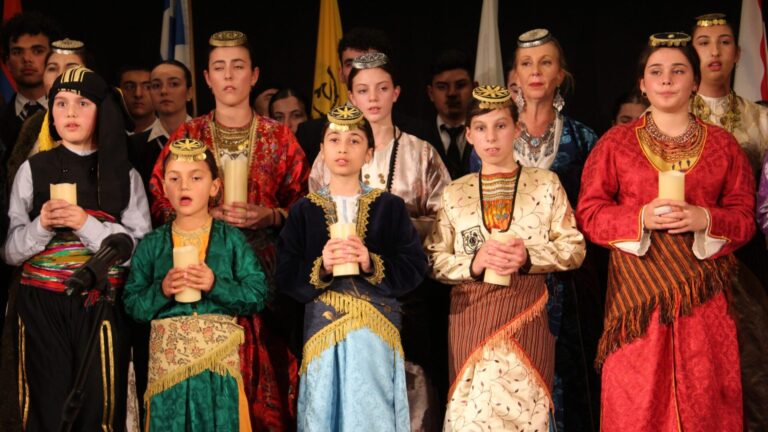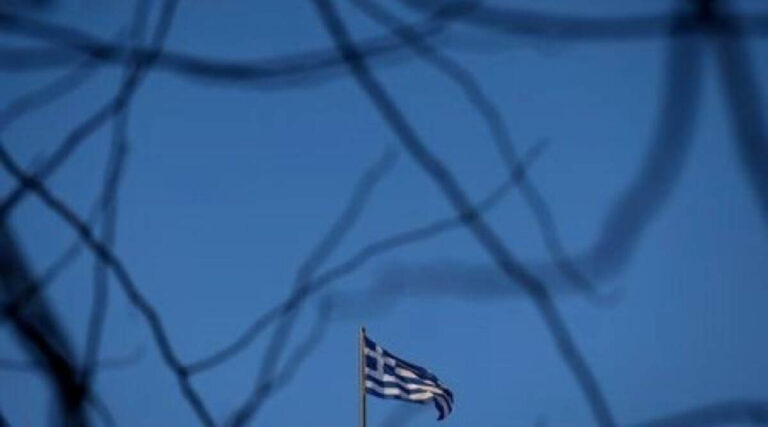The European Federation of Western Thrace Turks (ABTTF) denounced Greece Thursday for applying “double standards” to human rights, given that it takes a different attitude in Albania and regarding its Turkish minority.
The strong criticism from the umbrella organization of the members of the Turkish minority living in Greece’s Western Thrace region came in the wake of Greece’s interference in the membership negotiations between Albania and the EU, citing the imprisonment of an elected mayor from the Greek national minority in Albania.
The organization in a statement expressed understanding of Greece’s concern over the imprisonment of the elected mayor representing the Greek minority in Albania, emphasizing that such reactions are “perfectly normal.” However, the ABTTF contends that the same level of “sensitivity” should be extended to the West Thracian Turkish community, whose rights and freedoms are “systematically violated.”
The ABTTF drew attention to ongoing issues faced by the Western Thrace Turkish community, particularly in the areas of education and organization. The statement underlined the importance of upholding democratic values, the rule of law, and protecting human rights and minorities, as outlined in the Copenhagen Criteria.
The organization asserted that these principles should apply not only to candidate countries seeking EU membership, such as Albania but also to the existing 27 member states of the EU, including Greece. The ABTTF’s critique came when the Special Court for Corruption and Organized Crime in Albania detained Fredi Beleri, the mayoral candidate representing the Greek minority, on charges of “active corruption in the elections.”
The arrest occurred prior to the local elections held on May 14 in Albania. The Western Thrace region – located near Greece’s northeastern border with Türkiye – is home to a substantial, centuries-old Muslim Turkish minority numbering around 150,000. The rights of Western Thracian Turks are guaranteed under the 1923 Treaty of Lausanne. But over the decades, the situation has seriously deteriorated for the community, which is also economically one of the poorest in Greece.
Seeing the community as a “hostage” of its ties with Türkiye, the Greek government has committed numerous breaches of its obligations and European Court of Human Rights (ECtHR) rulings over the years, including shutting down schools and mosques and banning the use of the words “Turk” or “Turkish.”
In late July, citing a “lack of students,” Greece ruled for the closure of nine more primary schools, seven in the Rodop district and two others in the Xanthi (Iskeçe) district, belonging to the Turkish minority. The move brought the number of Turkish primary schools to 90, significantly down from the 307 that were open in 1926.
Earlier this year, the Turkish minority turned to the United Nations’ special rapporteur on minority issues to highlight the problems it has been facing, including the closure of schools, the banning of Turkish-language education, and refusing to legally allow the community to elect their religious leaders like muftis (Muslim clerics), which is a treaty right.
Greek Prime Minister Kyriakos Mitsotakis is also accused of ignoring and whitewashing the longstanding issues plaguing Western Thracian Turks. Türkiye has long criticized Greece for depriving the community of their basic rights and freedoms. The issue also looms over Turkish-Greek relations, which have been strained for decades over several disputes regarding territorial claims in the Aegean.
Source: Daily Sabah


